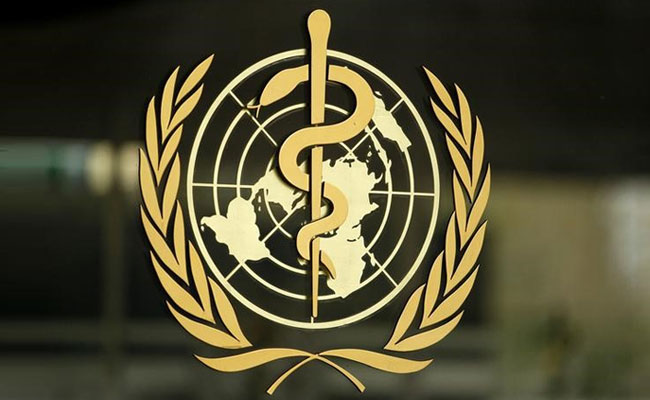
Chagas Disease causes great suffering, as per WHO.
The World Health Organisation (WHO) observed the World Chagas Disease Day on April 14 to raise awareness about the often-overlooked illness. The global health body said it causes great suffering and called for increasing public awareness, and secure greater funding and support for early diagnosis and comprehensive follow-up care initiatives. WHO created a dedicated page on its website in which it said that Chagas disease is prevalent among poor populations of continental Latin America but is increasingly being detected in other countries and continents.
What is Chagas Disease?
It is an infectious disease caused by a protozoan parasite Trypanosoma cruzi. The disease has been named after Brazilian physician Carlos Chagas, who discovered it in 1909.
Chagas Disease is transmitted to humans through the bite of the infected triatomine bugs, also known as “kissing bugs”, which feed on blood and are active mostly at night. Some experts said it also spreads through blood transfusion, organ transplant or contaminated food and beverages.
WHO said it is called a “silent and silenced disease” as the infected majority have no symptoms or extremely mild symptom.
Symptoms of Chagas Disease
As per WHO statistics, there are approximately 6-7 million people infected with Chagas disease worldwide, with 10,000 deaths every year.
Johns Hopkins has listed the main symptoms of Chagas Disease, but warned that it might be hard to distinguish from another illness.
Some of the symptoms are:
- Mild flu-like symptoms, such as fever, fatigue, body aches and headaches
- Rash
- Loss of appetite
- Diarrhea
- Vomiting
- Swelling or a sore near the eye or on the side of the face where the bite or infection occurred
- Enlarged glands
Stages of Chagas Disease
The disease progresses through two stages: Acute and chronic. In the first stage, there are mild, or no symptoms at all, and is difficult to diagnose.
The chronic stage can manifest years or even decades after the initial infection. In the chronic phase, the parasite gets inside the patient’s heart muscle, as per Johns Hopkins.
It can then lead to abnormal heart rhythm and also cause trouble in eating or passing stool.




